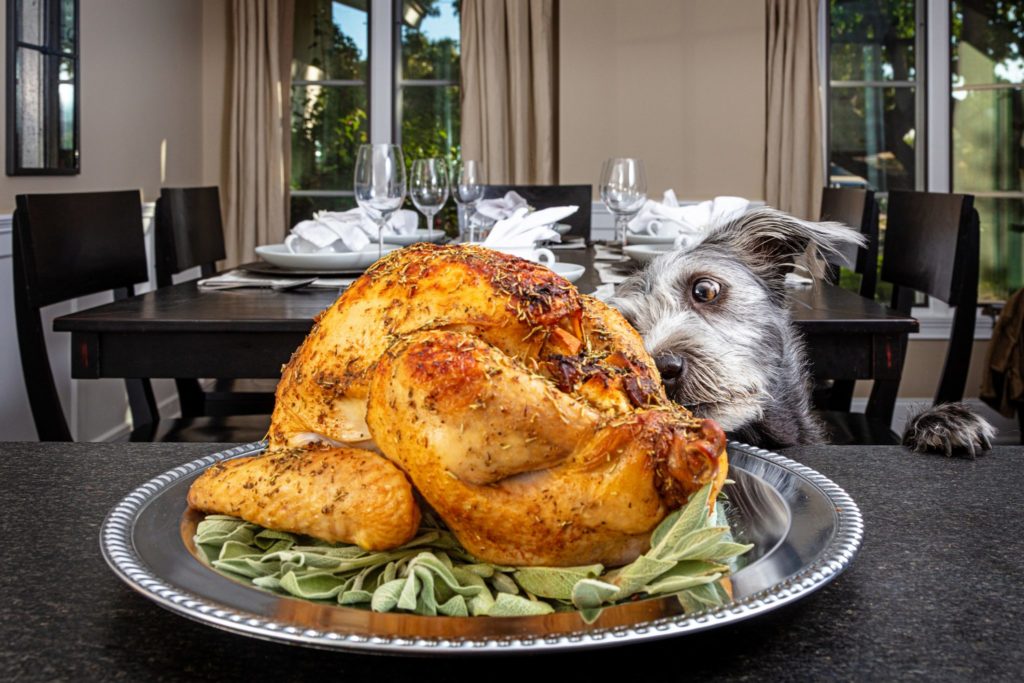Parvovirus is a term that often conjures images of seriously ill dogs, especially puppies, undergoing intensive treatments at veterinary clinics. But what about cats? The question of whether cats can contract parvovirus is important for cat owners who want to ensure the health and safety of their feline companions. In this article, we’ll explore how this virus affects cats, the signs to watch for, and why it’s vital to seek professional veterinary care for your cat. If you have concerns about your cat’s health or need expert advice, consider contacting us or request an appointment online.
What is Feline Parvovirus?
Feline parvovirus, also known as Feline Panleukopenia Virus (FPV), is a highly contagious and life-threatening virus that affects cats. It is often referred to as feline distemper and is closely related to the parvovirus seen in dogs, but it is a distinct virus targeting cats. The virus primarily affects rapidly dividing blood cells in the bone marrow, leading to severe leukopenia (a reduction in white blood cells), which diminishes a cat’s ability to fight off infections.
Transmission and Risk Factors
FPV is transmitted primarily through contact with infected animals, their feces, or contaminated environments. The virus can survive for long periods on surfaces and in the environment, making cleanliness and proper sanitation key in preventing its spread. Kittens, unvaccinated cats, and those with compromised immune systems are at the highest risk of contracting this virus.
Symptoms of Parvovirus in Cats
Recognizing the early signs of FPV in cats can be the key to preventing severe illness or even death. Symptoms typically develop rapidly and can include:
- Sudden onset of high fever
- Severe lethargy
- Loss of appetite
- Vomiting
- Diarrhea, often bloody
- Dehydration
- Depression
If you notice any of these symptoms in your cat, it’s crucial to seek veterinary care immediately. Early intervention can significantly improve the outcome for your pet.
Diagnosis and Treatment
How Vets Diagnose FPV
Diagnosis of feline parvovirus involves a combination of clinical signs, medical history, and diagnostic tests. Veterinarians may use a specific test to detect the virus in feces, along with blood tests to assess the overall health and immune status of the cat. Imaging tests like ultrasound may also be utilized to view the condition of the intestines and other abdominal organs.
Available Treatment Options
Treatment for FPV is primarily supportive and aims to stabilize the cat while its body fights off the virus. This can include hospitalization, fluid therapy to combat dehydration, medications to control vomiting and diarrhea, and antibiotics to prevent secondary bacterial infections. The goal is to support the cat’s systems until its immune response can regain control.
Prevention and Vaccination
Vaccination is the most effective way to prevent feline parvovirus. Kittens should receive their initial vaccines starting at around 6-8 weeks of age, with boosters following according to veterinary guidelines. Adult cats require regular booster vaccines to maintain immunity over time.
Keeping Your Home Safe
In addition to vaccination, keeping your environment clean and minimizing exposure to infected animals can help prevent the spread of FPV. Regular disinfection of areas where cats frequent is recommended, especially in multi-cat households or places where new cats are frequently introduced.
When to Contact a Vet
If you suspect your cat may have been exposed to parvovirus, or if they exhibit any symptoms of illness, it is essential to contact a veterinarian immediately. VO Vets in Fort Worth, TX, offers comprehensive care for cats at risk of or suffering from parvovirus. Call us or visit our website to request an appointment online. Our dedicated team is here to provide the care your cat needs and to guide you every step of the way in managing their health.
Schedule an Appointment at VO Vets Animal Hospital
While the thought of parvovirus is concerning for any pet owner, understanding the risks, symptoms, and preventive measures can help keep your cat healthy. Remember, proactive care through vaccination and regular veterinary visits plays a crucial role in the life of your feline companion. Reach out to your veterinarian at VO Vets to discuss the best preventive practices for your cat and ensure their long-term health and happiness.



